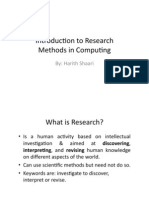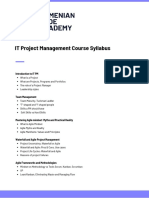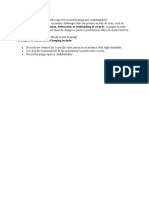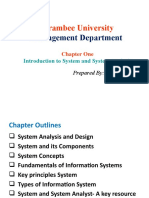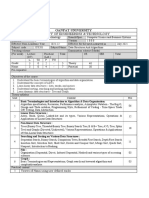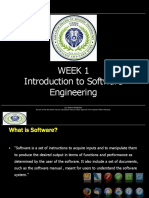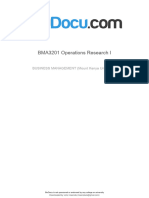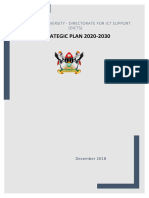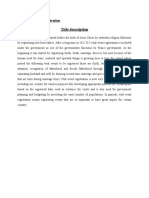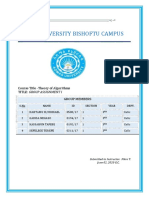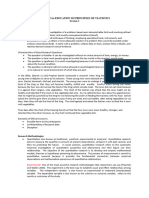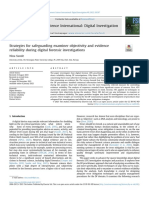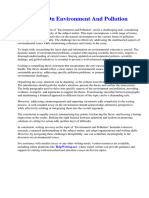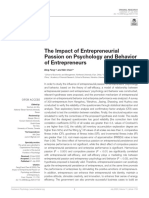100% found this document useful (1 vote)
430 views3 pagesResearch Methods for CS Students
This document outlines a course on research methods in computer science. The 2 credit hour course will introduce students to the scientific research process, different research methods, and tools for conducting research. Over 9 topics, students will learn about developing research problems, literature reviews, data collection and analysis methods, modeling, research risks, reporting and presentation. Course objectives are for students to understand the computer science research process, identify various methods and assumptions, and learn about dissemination. Students will be evaluated based on a sample proposal, paper review and presentation, and a final exam.
Uploaded by
hak advCopyright
© © All Rights Reserved
We take content rights seriously. If you suspect this is your content, claim it here.
Available Formats
Download as PDF, TXT or read online on Scribd
100% found this document useful (1 vote)
430 views3 pagesResearch Methods for CS Students
This document outlines a course on research methods in computer science. The 2 credit hour course will introduce students to the scientific research process, different research methods, and tools for conducting research. Over 9 topics, students will learn about developing research problems, literature reviews, data collection and analysis methods, modeling, research risks, reporting and presentation. Course objectives are for students to understand the computer science research process, identify various methods and assumptions, and learn about dissemination. Students will be evaluated based on a sample proposal, paper review and presentation, and a final exam.
Uploaded by
hak advCopyright
© © All Rights Reserved
We take content rights seriously. If you suspect this is your content, claim it here.
Available Formats
Download as PDF, TXT or read online on Scribd
/ 3

